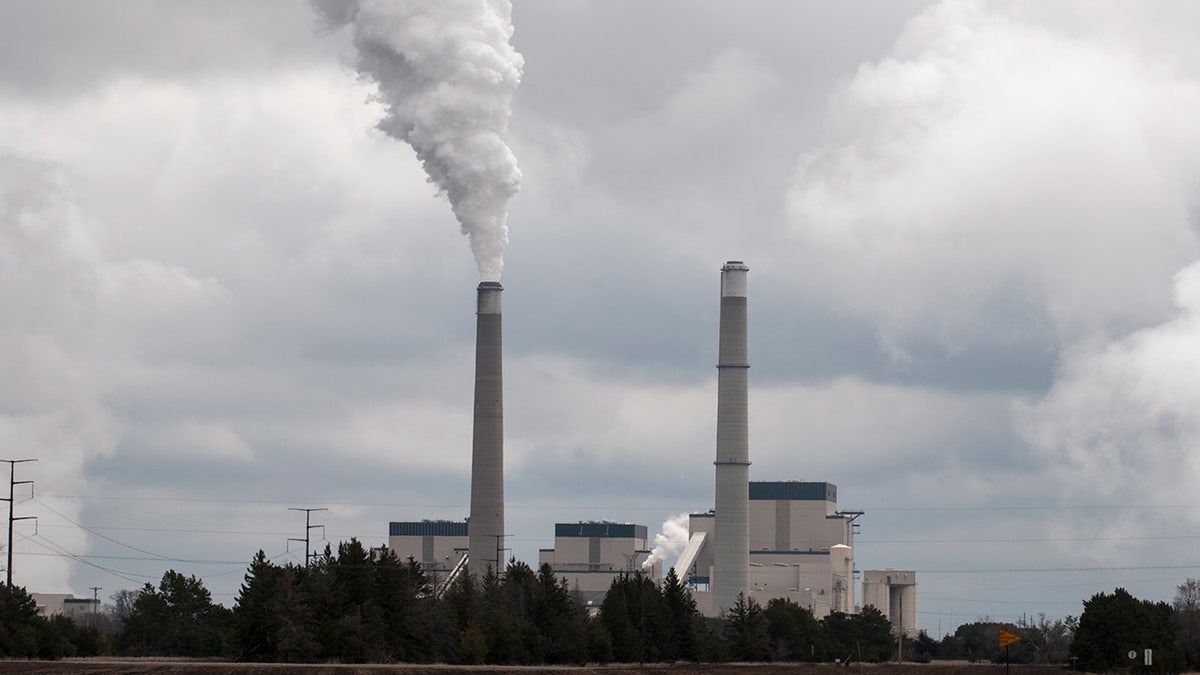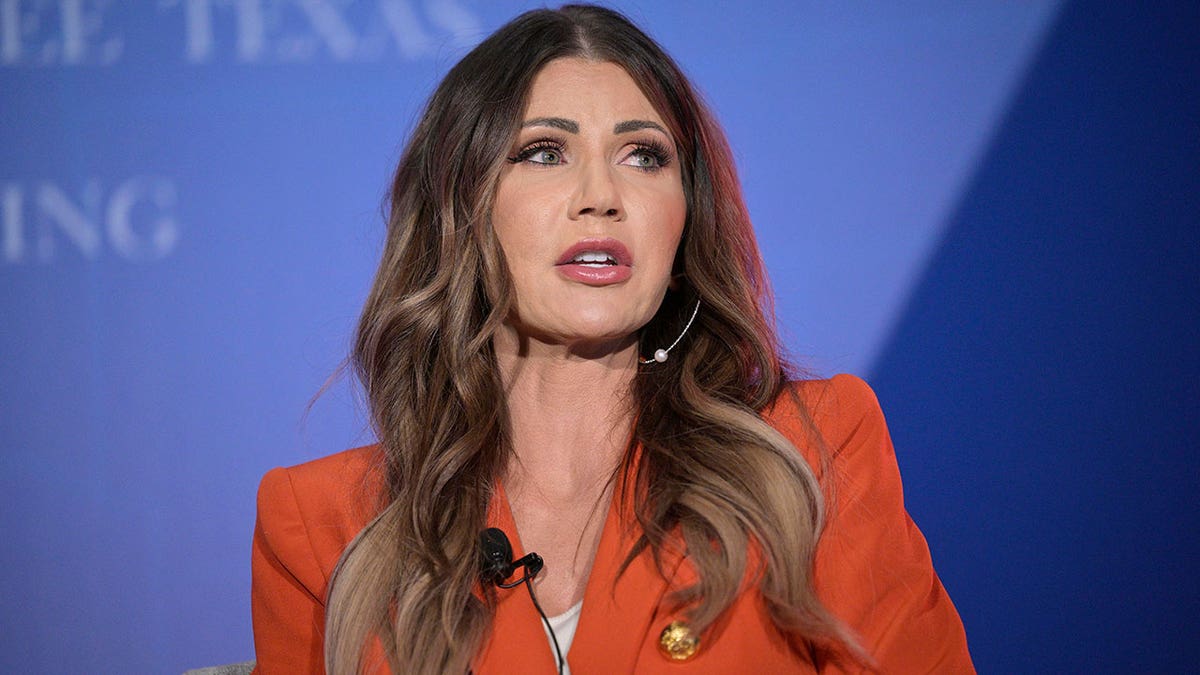A major U.S. energy developer has initiated the process of shuttering two major coal-fired power plants serving more than a million homes in the upper Midwest, helping the company meet its corporate climate commitments.
Minneapolis-based Xcel Energy announced this month that it closed one of three coal units at Sherburne County Generating Plant, Minnesota’s largest power plant, as part of its plans to deliver 100% carbon-free electricity to customers and shut down all of its remaining coal facilities. The company is planning to retire the two remaining units at the plant and another coal plant in Minnesota, the Allen S. King plant, by 2030.
In response to Xcel Energy’s shutdown of the unit at Sherburne County Generating Plant and plans to shutter all remaining coal generation, the South Dakota Public Utilities Commission (SDPUC) fired off a letter urging the company to reconsider those plans. The company — which has pledged to replace the plants with electricity generation from green energy like solar — provides power to customers in both Minnesota and South Dakota.
“The North American Electric Reliability Corporation recently released a long-term risk assessment that showed the MISO region as having a high reliability risk around the time period the plants are planned to be closed,” SDPUC Chair Kristie Fiegen told Fox News Digital. “One of the main contributors to that reliability risk is the premature retirement of dispatchable baseload generation before the appropriate replacement resources are added to the system.”
ENVIRONMENTALISTS CALL ON BIDEN ADMIN TO TANK NATURAL GAS PROJECT AMID NATIONWIDE ARCTIC BLAST

The Sherburne County Generating Station is pictured in Becker, Minnesota. The plant is the single largest power plant in the state, but its operator Xcel Energy is planning to soon retire all of its units. (Education Images/Universal Images Group via Getty Images)
“While Xcel may have plans to replace part of the lost capacity from the early retirements with new solar and storage, the Commission is concerned that the replacement resources will not be dispatchable and, thereby, not as dependable as the Sherco and King plants have been for South Dakota’s customers over the years,” Fiegen continued.
In December, the North American Electric Reliability Corporation — a nonprofit organization that makes periodic recommendations to boost reliability — published its annual Long-Term Reliability Assessment. According to the report, the region managed by Midcontinent Independent System Operator (MISO), which oversees much of the Midwest including Minnesota and South Dakota, faces some of the highest grid risks as a result of coal generation retirements that are projected to outpace new green energy development at certain points in the future.
BIDEN ADMINISTRATION RIGGED INTERNAL ANALYSIS, SOFTENING BLOW OF POWER PLANT REGULATIONS: REPORT
Xcel’s shutdown of the Sherburne County Generating Plant and Allen S. King Generating Plant would account for a sizable share of that existing coal generation scheduled to soon be taken offline. The two plants have a total capacity of nearly 3,000 megawatts, enough to power more than a million homes.
MISO spokesperson Brandon Morris, though, said in a statement to Fox News Digital that the grid operator is both fuel agnostic and policy neutral and would continue to support the clean energy goals of its states and member utilities “across a diverse and complex system undergoing an energy transition while also maintaining system reliability.”

Sheep graze underneath solar panels at a farm in Hammond, Minnesota, on June 2, 2023. (Ben Brewer/Bloomberg via Getty Images)
Under Xcel’s plans, it will build a 710-megawatt solar farm at the site of the Sherburne County Generating Plant and solar projects with a total capacity of 650 megawatts to replace the Allen S. King Generating Plant. However, those plans wouldn’t produce enough power to replace the electricity generation of the two retiring coal facilities and would further represent intermittent forms of power that are dependent on weather conditions.
“Being in a northern climate, the Commission’s main concern is that there are enough dispatchable resources on the system to meet South Dakotans’ winter heating loads during long cold spells when there is a chance that renewable resources are not producing energy,” Fiegen added. “Keeping the lights on and making sure we have a reliable, affordable electric grid is one of our greatest priorities at the South Dakota Public Utilities Commission.”
“Premature closure of reliable baseload energy could put lives at risk if the electric system isn’t ready to absorb those retirements,” she said. “To this Commission, the NERC risk assessment is a flashing, bright-red warning light that there is good chance this could be the case.”
MICHIGAN DEMS, GRETCHEN WHITMER ARE PURSUING A GREEN NEW DEAL, THREATENING FUTURE GRID STABILITY
Energy experts have long warned that replacing fossil fuel power generation with green energy could present risks, since those alternatives produce a smaller share of their listed capacity.
Solar panels, for example, produce just 25% and wind turbines produce 34% of their listed capacity, according to federal data. Coal, natural gas and nuclear power plants, meanwhile, produce 49%, 54% and 93% of their listed capacity, respectively.

South Dakota Gov. Kristi Noem takes part in a panel discussion on Nov. 15, 2022, in Orlando, Florida. (AP Photo/Phelan M. Ebenhack, File)
“You have people in hospitals, you have low-income people who are affected. You have farmers, you have small businesses,” Michelle Bloodworth, the president and CEO of America’s Power, a coal power trade group, told Fox News Digital in an interview. “They certainly, obviously, rely upon electricity, whether that’s for health and human safety.”
“But, also, coal provides an insurance policy when either other resources, like intermittent, are not available, or natural gas prices. We saw a lot of high natural gas prices. Consumers can put food on the table instead of having to spend a significant portion of their income — which they really can’t afford to — on their electricity bill which, as we are seeing, continue to climb across the United States.”
CONSUMER GROUP LAUNCHES CAMPAIGN TARGETING ENERGY COMPANY PUSHING ESG MEASURES
Overall, Xcel — whose largest shareholders include BlackRock, Vanguard, and State Street, massive asset managers which have forwarded so-called environmental, social and governance (ESG) initiatives — has issued some of the most aggressive corporate sustainability goals of any developer in the nation, vowing to lower its electricity emissions 80% by 2030 and fully decarbonize its electricity generation by 2040.
Those goals, according to Xcel, are based on United Nations climate projections and targets. And to achieve its goals, Xcel has pledged to shutter fossil fuel power generation and vastly expand its green energy development while maintaining the size of its existing nuclear power fleet.

Trillion-dollar financial asset manager BlackRock is one of Xcel Energy’s largest shareholders. The Wall Street firm has been criticized for pursuing ESG priorities to help transition the economy from fossil fuel reliance to green energy. (Erik McGregor/LightRocket via Getty Images)
In a statement to Fox News Digital, Xcel Energy spokesperson Theo Keith said the company appreciated the SDPUC’s feedback, but that it is in alignment with the commission’s “priority to ensure reliability throughout the clean energy transition and ensure South Dakotans have a dependable supply of electricity at all times, including periods of extreme weather and high demand.”
BLACKROCK TURNED DOWN RECORD NUMBER OF CLIMATE PROPOSALS AMID INFLATION, ESG PUSHBACK
“As we retire our coal plants, we plan to add 2,150 megawatts of wind and 2,500 megawatts of solar onto our Upper Midwest system by 2032, with another 1,100 megawatts of wind and solar capacity slated for beyond 2032,” Keith said. “While the power generated by these resources is variable, we will complement it with ‘dispatchable’ generation — power we can supply at any time it’s needed — to reinforce the reliability of the grid.”
“Ensuring a reliable, clean and affordable energy future is a complex task, and the knowledge and perspective of the commission will contribute to our shared success,” he added. “We look forward to continuing to meet with the commission and discuss the path forward.”

According to Keith, Xcel’s nuclear fleet will continue to provide dispatchable power generation, the company plans to build new dispatchable generation, mainly hydrogen-ready combustion turbines, and Xcel will also construct up to 700 miles of new transmission lines.
“Utility companies are becoming increasingly aggressive in their pursuit of so-called ‘sustainability efforts.’ As part of their ESG priorities, Xcel is claiming to be a leader in the ‘energy transition’ and to provide consumers with ‘safe’ and ‘reliable’ energy at a competitive price,” Will Hild, the executive director of watchdog group Consumer’s Research, told Fox News Digital.
“Yet, their plan to close the King and Sherco generating plants would not only hike energy costs in the MISO area but threaten reliable energy for consumers in an area that is already at high-risk,” Hild continued. “Just like other ESG advocates, Xcel claims to protect the consumers they serve while pulling the rug right from beneath them.”
“Unsurprisingly, Xcel’s largest shareholders are made up of the biggest champions of the ESG cult: BlackRock, Vanguard, and State Street.”
